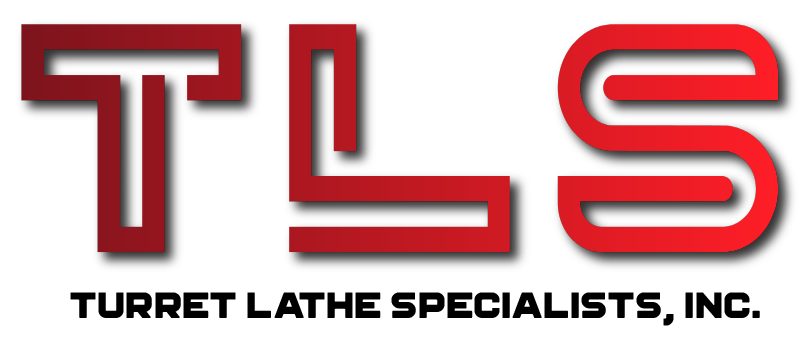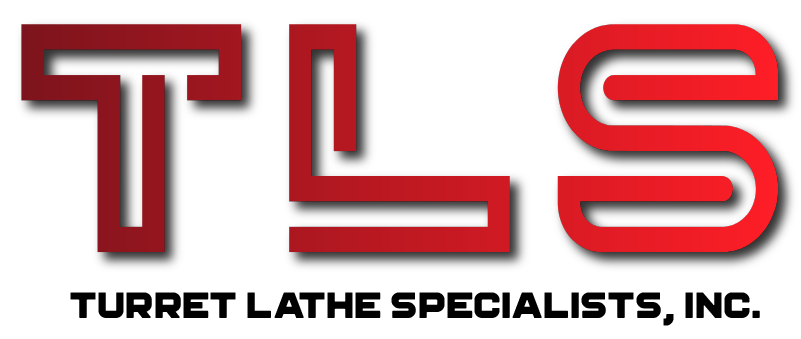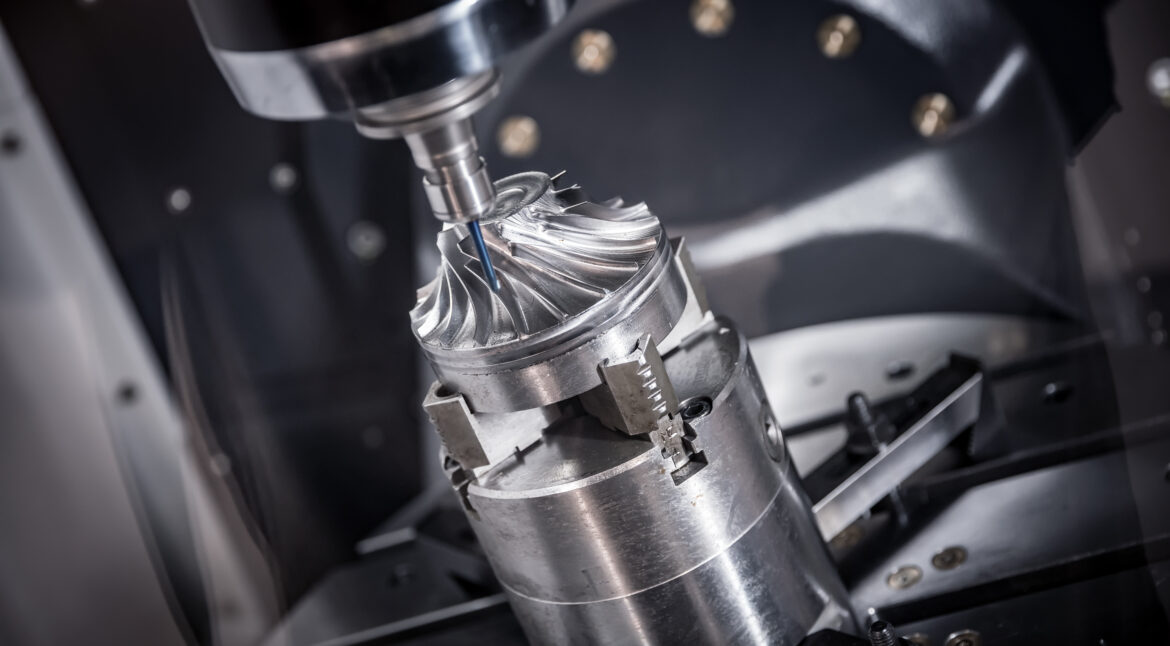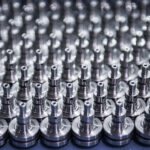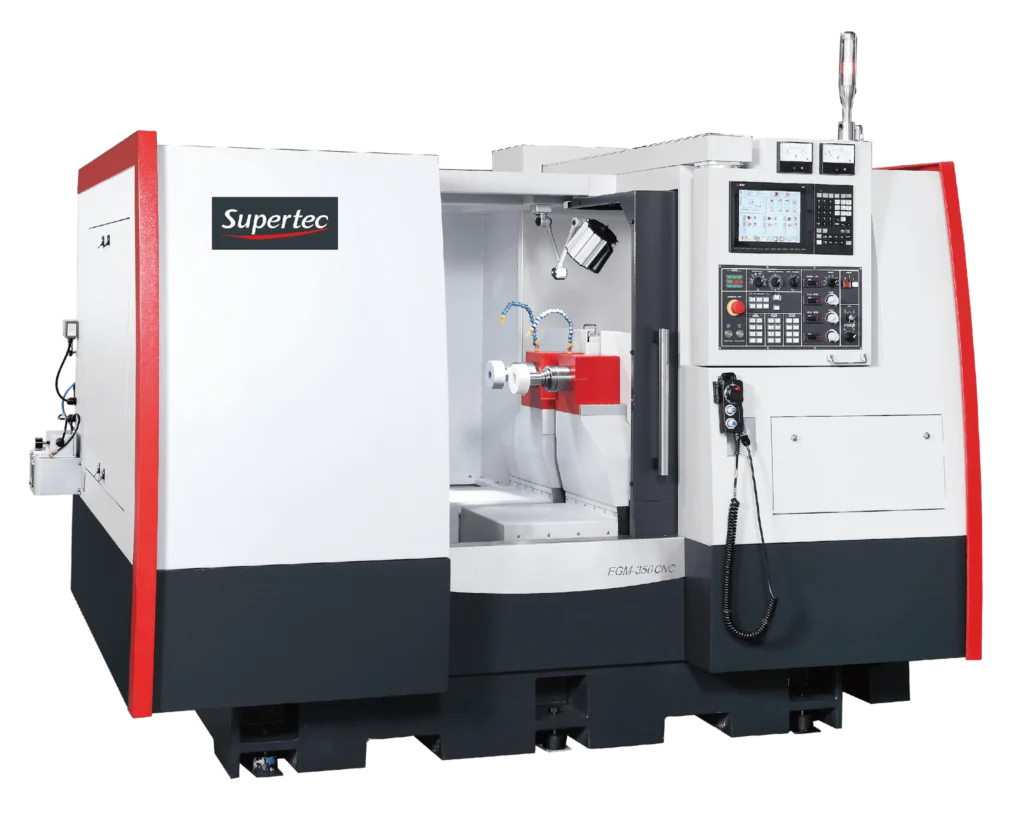In industries where accuracy is critical — aerospace, defense, cryogenics, energy — even the smallest imperfection in a component can cause major problems. That’s where precision machining comes in.
At its core, precision machining is the process of removing material with extreme accuracy to create parts that meet exact design requirements. Whether it’s holding tolerances within ±0.00005” or achieving mirror-like surface finishes, precision machining ensures that components perform flawlessly in the most demanding environments.
What is Precision Machining?
Precision machining refers to advanced manufacturing techniques that produce parts with very tight tolerances, complex geometries, and high-quality finishes. It goes beyond general machining by focusing on accuracy, consistency, and repeatability.
- CNC Turning and Milling – Producing complex shapes, bores, and surfaces with repeatable accuracy.
- Grinding (ID/OD) – Achieving ultra-tight tolerances and superior surface finishes.
- Special Processes – Lapping, honing, and shrink-fit assembly for critical fits and performance..
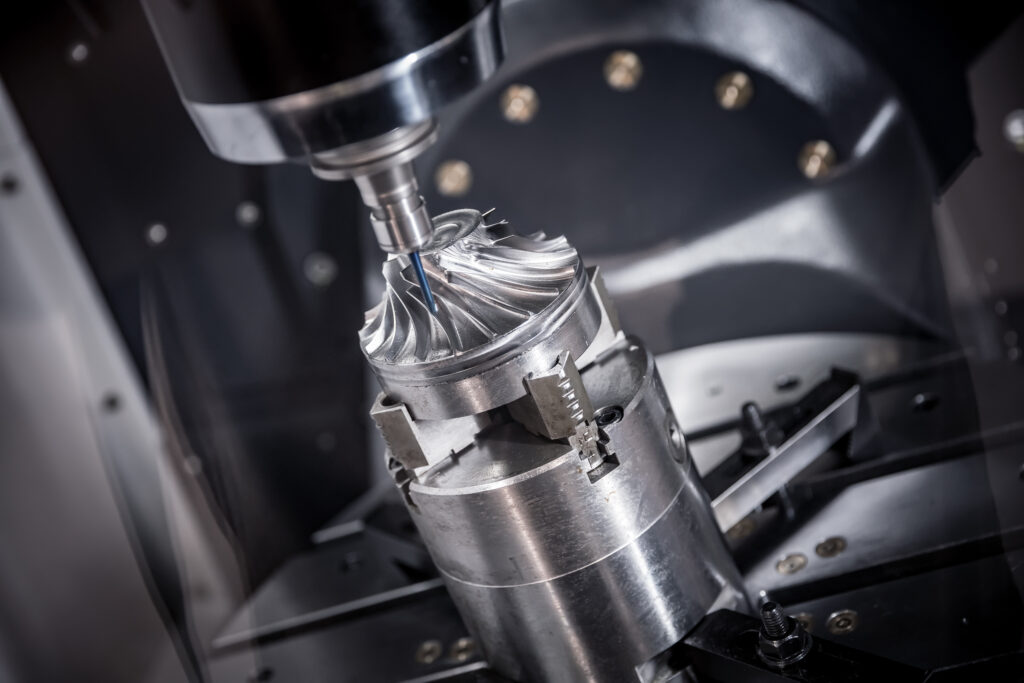
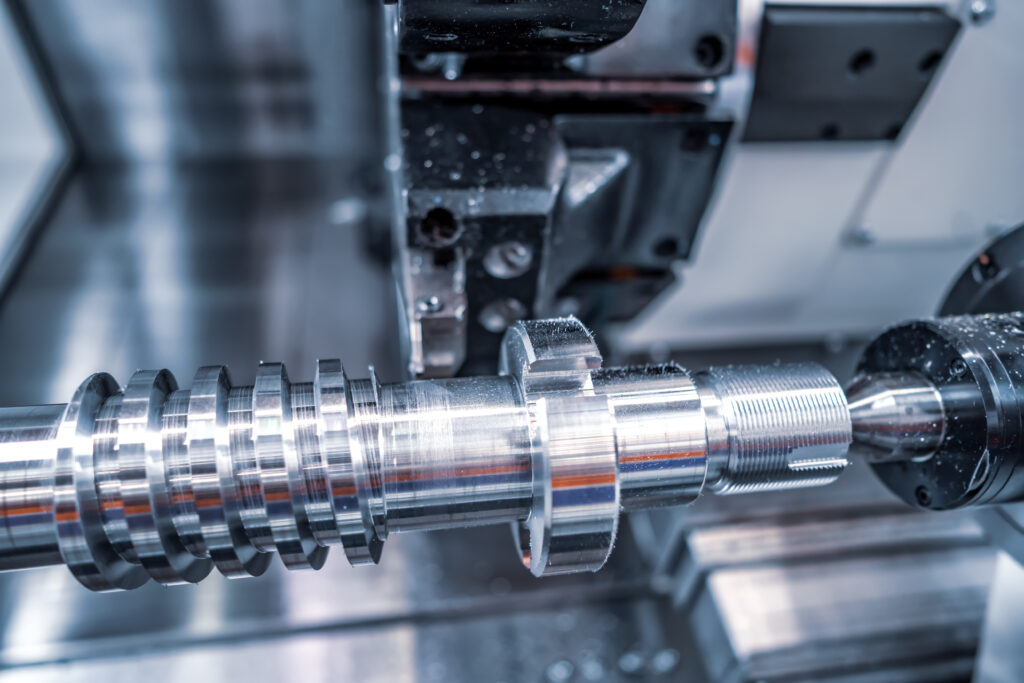
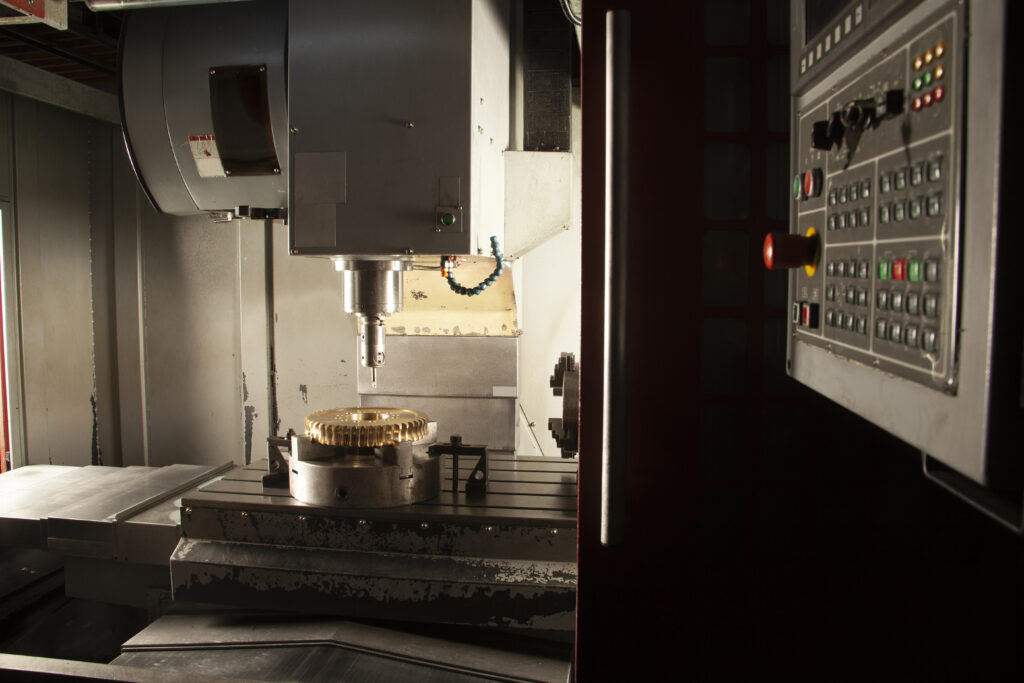
Why Precision Machining Matters
The benefits of precision machining extend beyond “tight tolerances.” It directly impacts performance, reliability, and cost.
- Product Reliability – Precision ensures components fit and function exactly as intended.
- Performance – Better fits lead to improved efficiency, less wear, and longer service life.
- Reduced Waste – Tighter controls mean fewer scrapped parts and lower costs.
- Industry Compliance – Many industries require adherence to strict standards like ISO, AS9100, and ITAR..
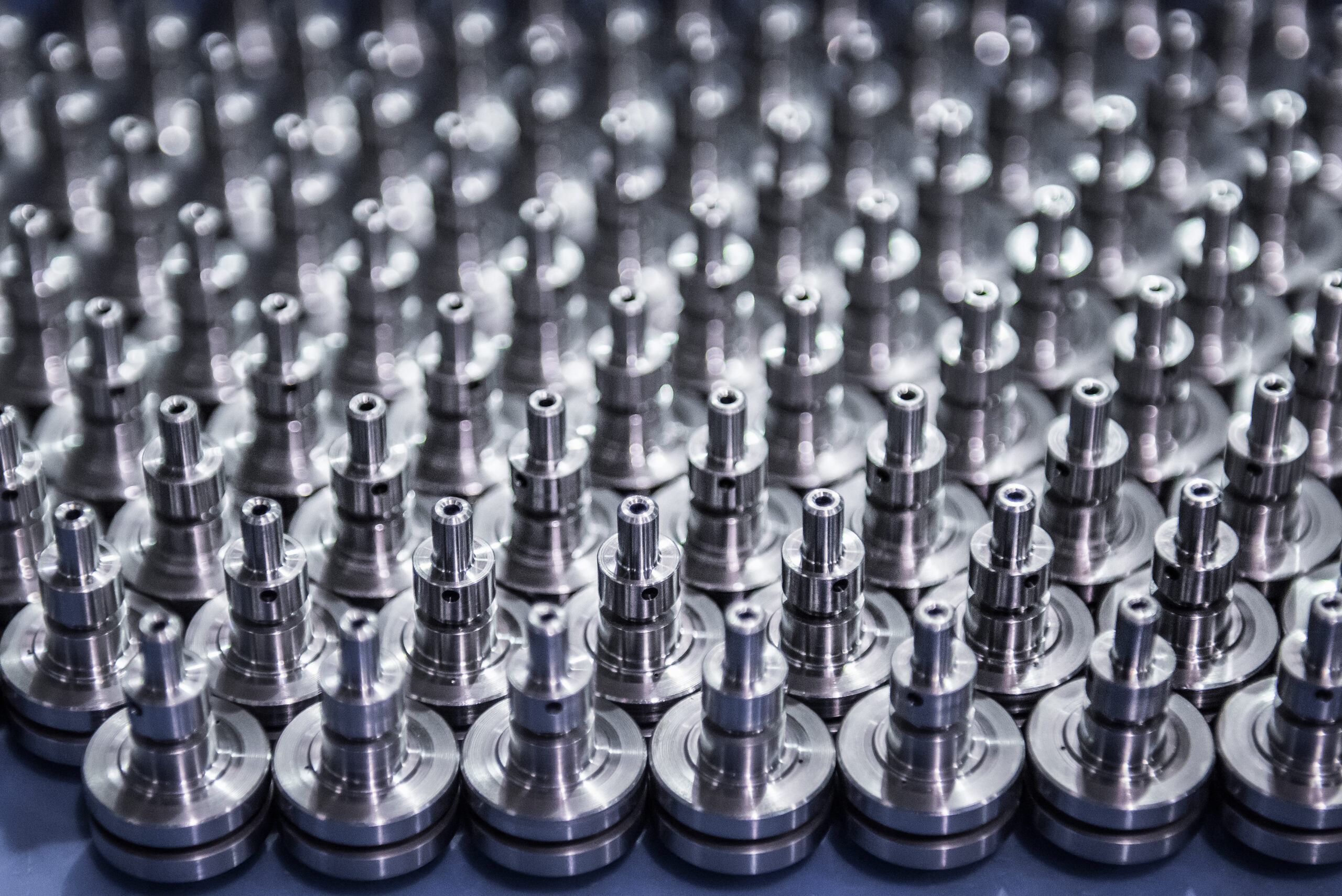
Types of Precision Machining Processes
Different machining methods deliver different advantages depending on the part requirements:
CNC Milling – Ideal for complex geometries, flat surfaces, and multi-axis features.
CNC Turning – Perfect for cylindrical parts, shafts, and rotational components.
Grinding (ID, OD, Surface) – Used when ultra-tight tolerances and fine finishes are critical.
EDM (Electrical Discharge Machining) – For cutting intricate shapes in hard materials.
Lapping & Honing – To achieve ultra-flat or smooth finishes on sealing surfaces.
The benefits of precision machining extend beyond “tight tolerances.” It directly impacts performance, reliability, and cost.
How Precision Machining Ensures Quality
Quality control is the backbone of precision machining. Without it, tolerances and accuracy can’t be trusted.
At TLS, we ensure quality through:
CMM (Coordinate Measuring Machines) – Automated measurement with micron-level accuracy.
NIST-Traceable Inspection Equipment – All tools are calibrated and certified.
FAIRs & AS9102 Reports – Documented proof that every part meets customer requirements.
In-Process Inspections – Continuous checks during machining, not just at the end.
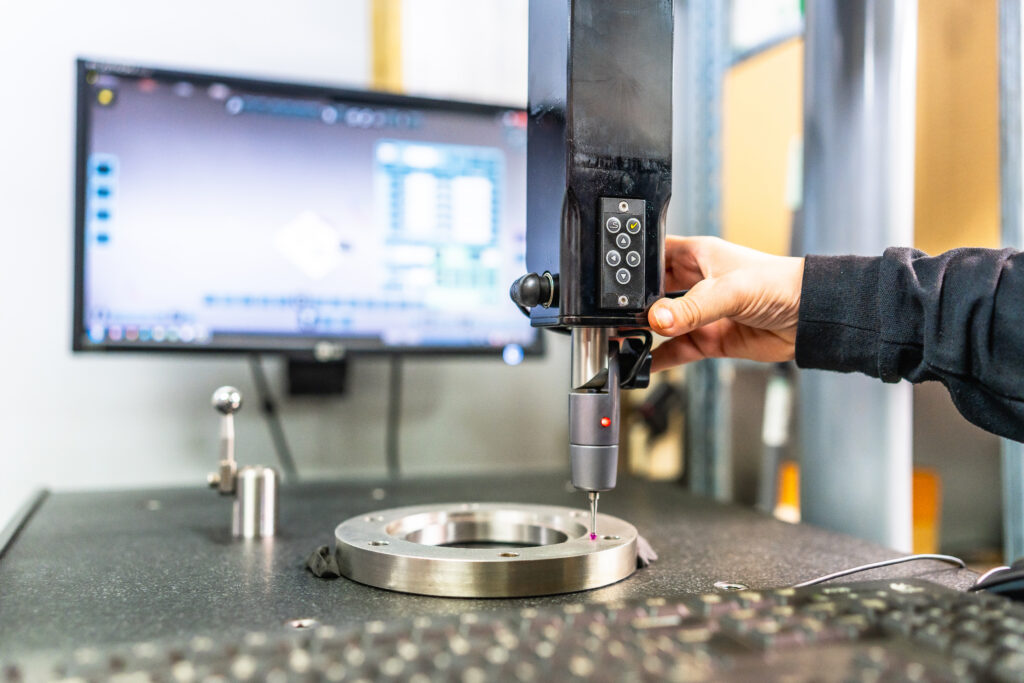
Why Choose TLS for Precision Machining?
With over 50 years of experience, Turret Lathe Specialists has the equipment, expertise, and vendor network to deliver precision components from prototype to full production.
✔ 9 Advanced CNC Turning Centers
✔ State-of-the-Art Milling Department
✔ New Supertec CNC ID Grinder with tolerances down to ±0.00005”
✔ In-house and outsourced turnkey services with 150+ approved vendors
✔ Certified inspection and quality assurance for every part
Precision machining is more than just cutting metal — it’s about achieving accuracy, reliability, and performance in every component. Whether you’re an engineer designing a new pump assembly or a buyer sourcing aerospace parts, turnkey precision machining ensures your projects run smoother and faster with complete confidence in quality.
